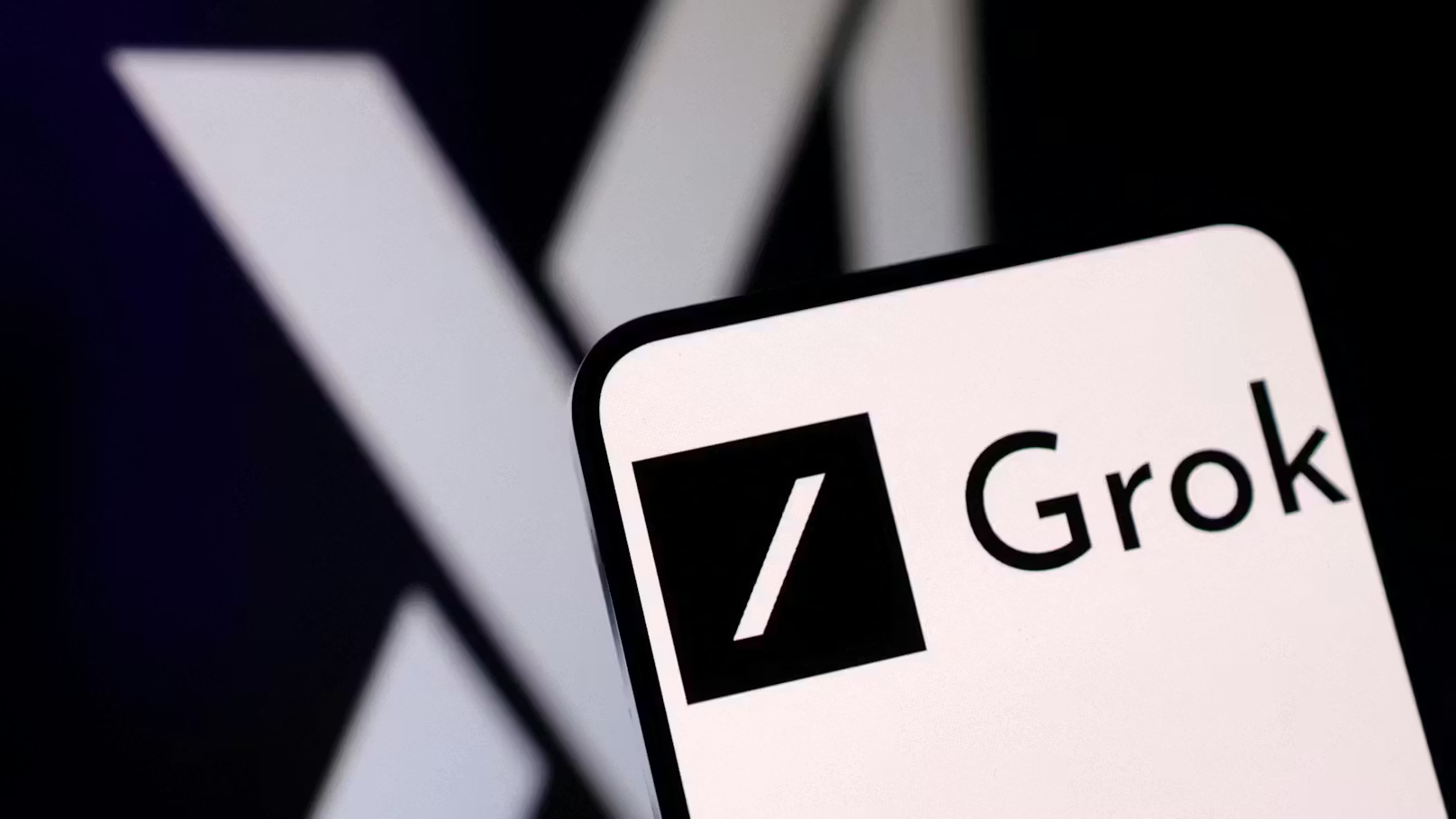That Frankfurt data center housing your company’s files? The Singapore server storing your photos? If you’re using Microsoft, Google, or Amazon’s cloud services, geography means nothing when US authorities come knocking.
The CLOUD Act, passed in March 2018, grants American law enforcement sweeping power to access data from any US-based tech company—regardless of where your information physically lives. Think storing data in Europe protects you from the US government’s reach? That assumption just became your biggest security blind spot.
Every Major Cloud Provider Falls Under US Jurisdiction
The law covers every household name in cloud computing, including cloud providers like Microsoft, Amazon, Google, Apple, Meta, and Salesforce. Microsoft’s European data centers, Google’s Asian servers, Amazon Web Services‘s global infrastructure—all accessible to US authorities with proper legal orders. Your business emails in a London-based Office 365 tenant? Available to US law enforcement with a warrant.
Photos synced to iCloud from your Berlin apartment? Same story. The CLOUD Act treats these companies as extensions of US jurisdiction, effectively turning their global infrastructure into potential access points spanning continents.
Foreign Subsidiaries Don’t Guarantee Protection
Here’s where it gets tricky: foreign cloud companies with US subsidiaries or operations also fall under this umbrella. That “Swiss-hosted” service might not be as sovereign as advertised if its parent company has offices in California.
The law requires providers to comply first, ask questions later. While companies can challenge orders that conflict with local privacy laws, you won’t know it’s happening—user notification isn’t required. Your data gets handed over while you remain completely unaware of the process.
True Alternatives Exist, But Come With Trade-offs
Genuine alternatives do exist for those prioritizing data sovereignty. Germany’s Hetzner, France’s OVHcloud, and Switzerland’s Proton operate under strict European privacy laws without US parent companies to complicate jurisdiction. These providers can’t be compelled by US authorities—assuming they maintain their independence.
Some US companies offer “sovereign cloud regions” managed by local entities, but legal experts continue debating whether these structures truly insulate data from US government reach when American corporations maintain ultimate control. Password managers and other security tools face similar jurisdictional complexities.
Your cloud choice just became a geopolitical decision. In an era where data is power, every upload represents a vote of confidence in someone’s legal system—choose wisely.




























